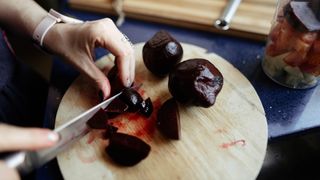Poop
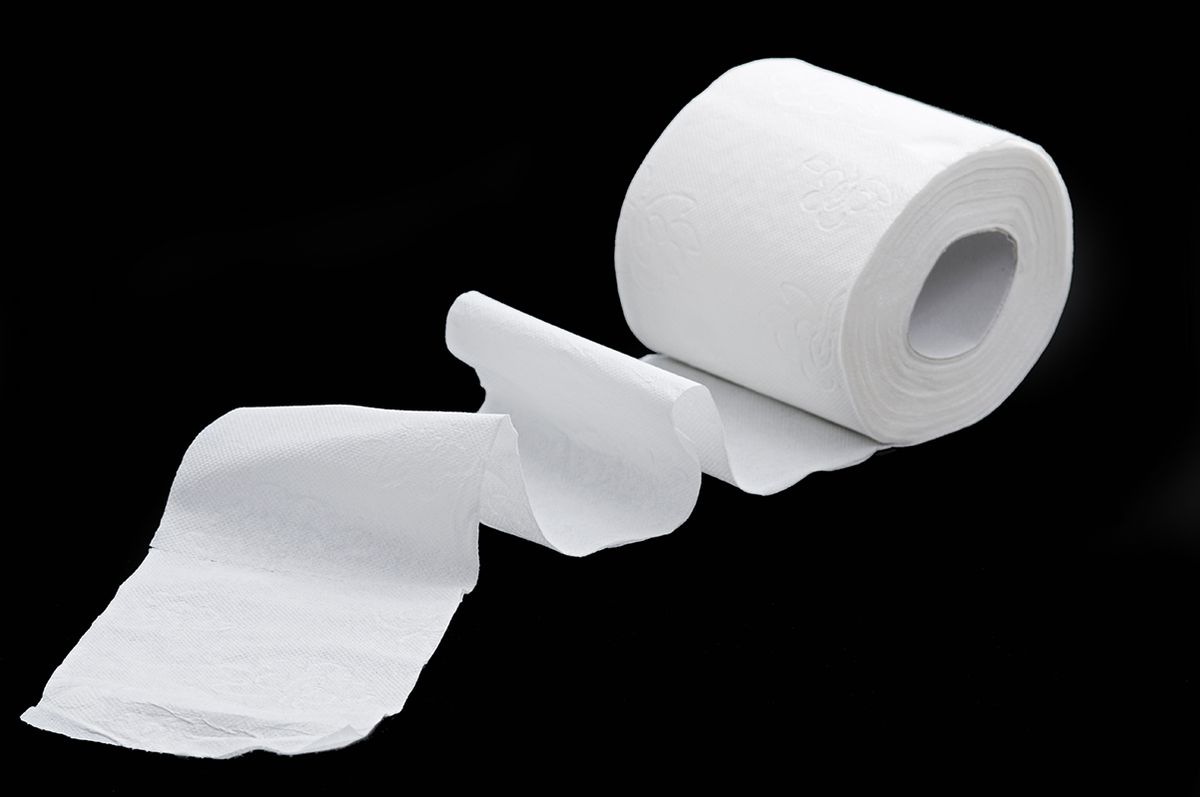
Just about every living thing does it, though for many people the subject is distasteful or taboo. But poop is an important indicator of everyday gut health; it can provide vital clues about digestive disorders, or may contain bacteria that can treat them. Poop also plays an unsung role in ecosystems and animal diets, providing essential nutrients that benefit organisms of all sizes. Here's where you're find the latest poop on poop.
Latest about poop
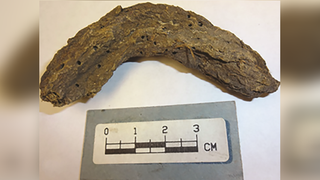
1,300-year-old poop reveals pathogens plagued prehistoric people in Mexico's 'Cave of the Dead Children'
By Kristina Killgrove published
Scientists studied ancient poop and found loads of intestinal diseases.
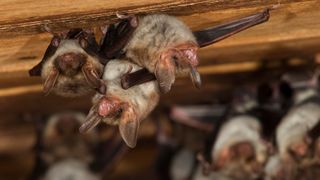
Bat poop used to grow cannabis kills 2 in New York in unusual cases
By Emily Cooke published
Two men from Rochester, New York died from a type of pneumonia after being exposed to a harmful fungus living in bat poop used to grow cannabis.

Scientists are working on a poop test for endometriosis
By Emily Cooke published
A new study suggests that endometriosis could be detected using a simple stool test, which could accelerate diagnosis rates.
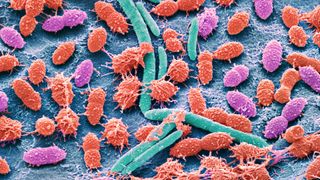
Scientists invent tool to see how 'healthy' your gut microbiome is — does it work?
By Emily Cooke published
A new tool can reveal whether someone has a "healthy" gut microbiome with a simple score — but how does it work?

Olympic athletes dive into the Seine — days after it was deemed too contaminated with poop for safe swimming
By Nicoletta Lanese published
Olympic triathlon racers finally dove into the Seine following postponements due to poor water-quality test results. Will the water stay swimmable?
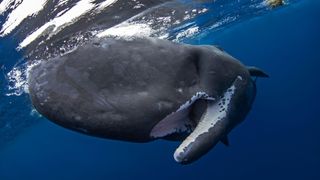
Sperm whales drop giant poop bombs to save themselves from orca attack
By Jennifer Nalewicki published
A pod of sperm whales flung their poop at unsuspecting orcas to avoid a fatal attack.

Why does poop smell bad?
By Donavyn Coffey published
And for medical purposes, how stinky is too stinky?
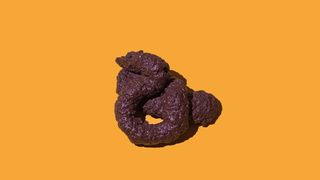
8 times fossilized human poop dropped big knowledge on us. (Number 2 will surprise you.)
By Laura Geggel published
Here's the scoop on ancient human poop.
Get the world’s most fascinating discoveries delivered straight to your inbox.
 Live Science Plus
Live Science Plus










